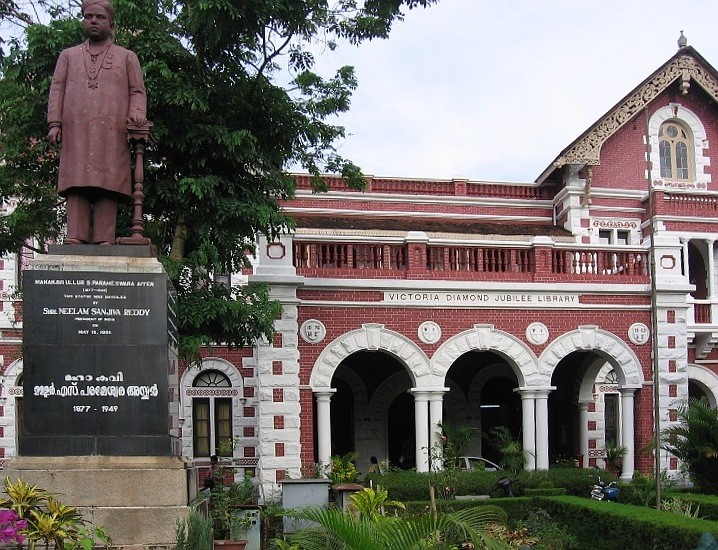
Explained: Why Bill to transfer state libraries to Concurrent List is raising concern

The Ministry of Culture is gearing up to introduce a Bill in Parliament that seeks to transfer the jurisdiction of state libraries to the ‘Concurrent list.’ This transition would mean that both Union and state legislatures would have a say in governing these libraries.
However, Kerala stands in opposition to this move, aiming to uphold its autonomy in managing libraries within its own jurisdiction.
Affects autonomy
Kerala’s concerns revolve around the potential ramifications of placing libraries under the control of the Union government. They fear that such a shift might compromise the libraries’ autonomy and influence the allocation of funds for book purchases in an unequal manner.
On the other side of the debate, the Centre contends that this step is driven by the ambition to showcase India’s rich cultural heritage globally and to modernise library systems.
Also Read: Expunged NewsClick remarks appear on LS site; ‘never happened before,’ says Congress
In the current setup, libraries are granted substantial funds of up to ₹12 crores to facilitate the acquisition of books from a diverse range of publishers. Moreover, local self-governing bodies play a pivotal role in distributing books to school libraries, ensuring access to reading materials.
Move may curtail accessibility to reading resources
However, librarians are apprehensive that these essential processes might face limitations if the central government takes control of libraries. They suspect a potential motive behind this shift—to curtail the overall accessibility to reading resources.
One noteworthy aspect is the unique presence of self-governing bodies in Kerala’s libraries, fostering a democratic environment that influences operational methods, reading preferences, and book selections.
Also Read: Rahul Gandhi gets back Tughlaq Lane bungalow, to visit Wayanad on Aug 12-13
In contrast, other states predominantly rely on IAS officers to assume representative roles. Consequently, the impact of this central initiative is predicted to be less pronounced in those states.
Uncertainty over choice of books
Furthermore, there’s uncertainty surrounding the types of books that might be chosen when the government takes charge of procuring and distributing them.
In essence, this proposed shift holds implications for the governance, autonomy, and accessibility of libraries in various states. The ongoing debate underscores the balance between preserving local autonomy and achieving broader cultural and modernization goals.
Curtails reading choices
The move may also curtail people’s choices over the kind of books that can be read or borrowed from these libraries.

